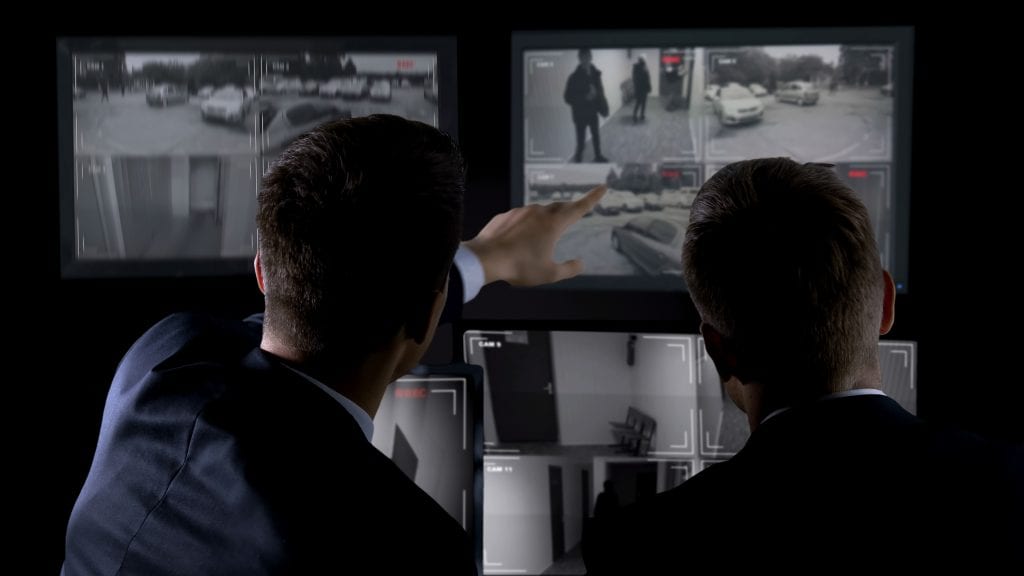In a criminal trial, you may hear a defense lawyer say something about an alibi. “My client was somewhere else when the crime took place.” “How could my client be in two places at once?” The defense lawyer would then present a witness or evidence to prove it. They would show that their client wasn’t at the place of the crime when the crime occurred. That is an alibi defense. Courts allow such a defense. But, federal law and many states’ laws state that a defendant must give notice of alibi before trial.
How do you prove an alibi defense?
Generally, there are two ways by which you can prove an alibi. First, you can present witness testimony. For example, your manager could testify that you were at work at the time when the crime took place. A jury may find this testimony reliable because it is less likely that your manager would lie. But, testimony by people that know you, such as family members or friends, works as well. The jury may find it less reliable because of their relationship with you.
Second, you can present physical evidence. Common examples include proof like flight tickets, hotel receipts and GPS location history. Defendants often use ATM receipts or CCTV footage from where you were as well. This kind of evidence is also reliable because it speaks for itself. But, a prosecutor can still challenge the evidence. For example, they might question the date on the receipts or whether the evidence is real.
It is important to note that an alibi defense is not an affirmative defense. This means that the burden of proof falls on the prosecutor, not the person charged with a crime. The prosecutor must prove that the person charged with a crime committed the offense. And they must do so beyond a reasonable doubt even though they claim they were somewhere else. The defendant does not have to prove beyond a reasonable doubt that they were not there.

How do you present an alibi defense?
If you want to raise an alibi defense, certain rules apply. The Federal Rule of Criminal Procedure 12 allows a prosecutor to ask for notice of alibi. If a prosecutor makes such a request, the defense must provide written notice of the alibi. Most of the time, the defense must provide notice within 14 days of receiving such a request. But courts can change that deadline.
The notice must include the name, address and contact number of each alibi witness. It should also state the details of the place where the defendant claims to have been.
In the same way, a prosecutor can present a witness to challenge the alibi defense, too. They must inform the defense if they want to do so. They should do so within 14 days of receiving the notice of alibi or at least 14 days before the trial.
The Takeaway:
Police might believe you committed a crime even when you were somewhere else. It happens all the time. If the wrongful charges against you make it to trial, you can present an alibi defense. You can present witness testimony and physical proof. This evidence can show you were somewhere else when the crime took place. There are certain notice requirements that apply to an alibi defense.






